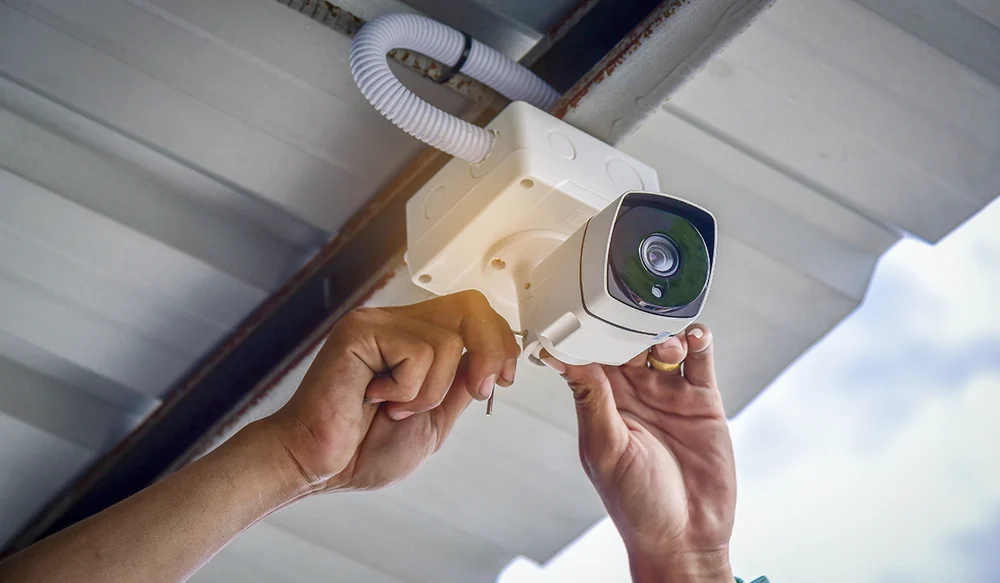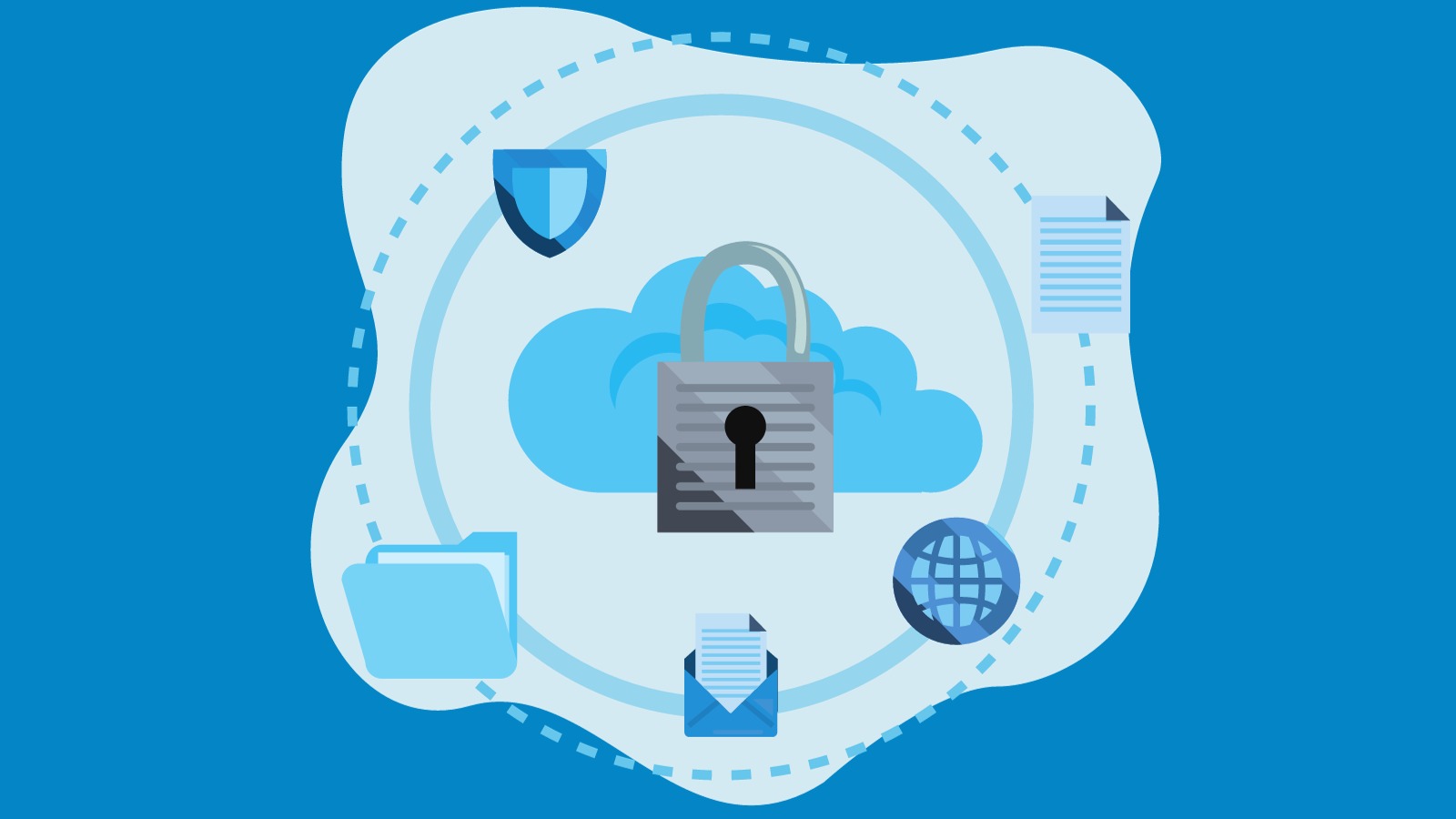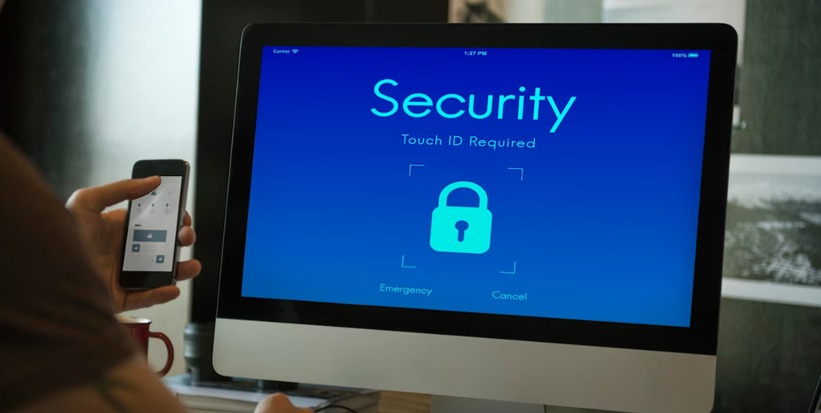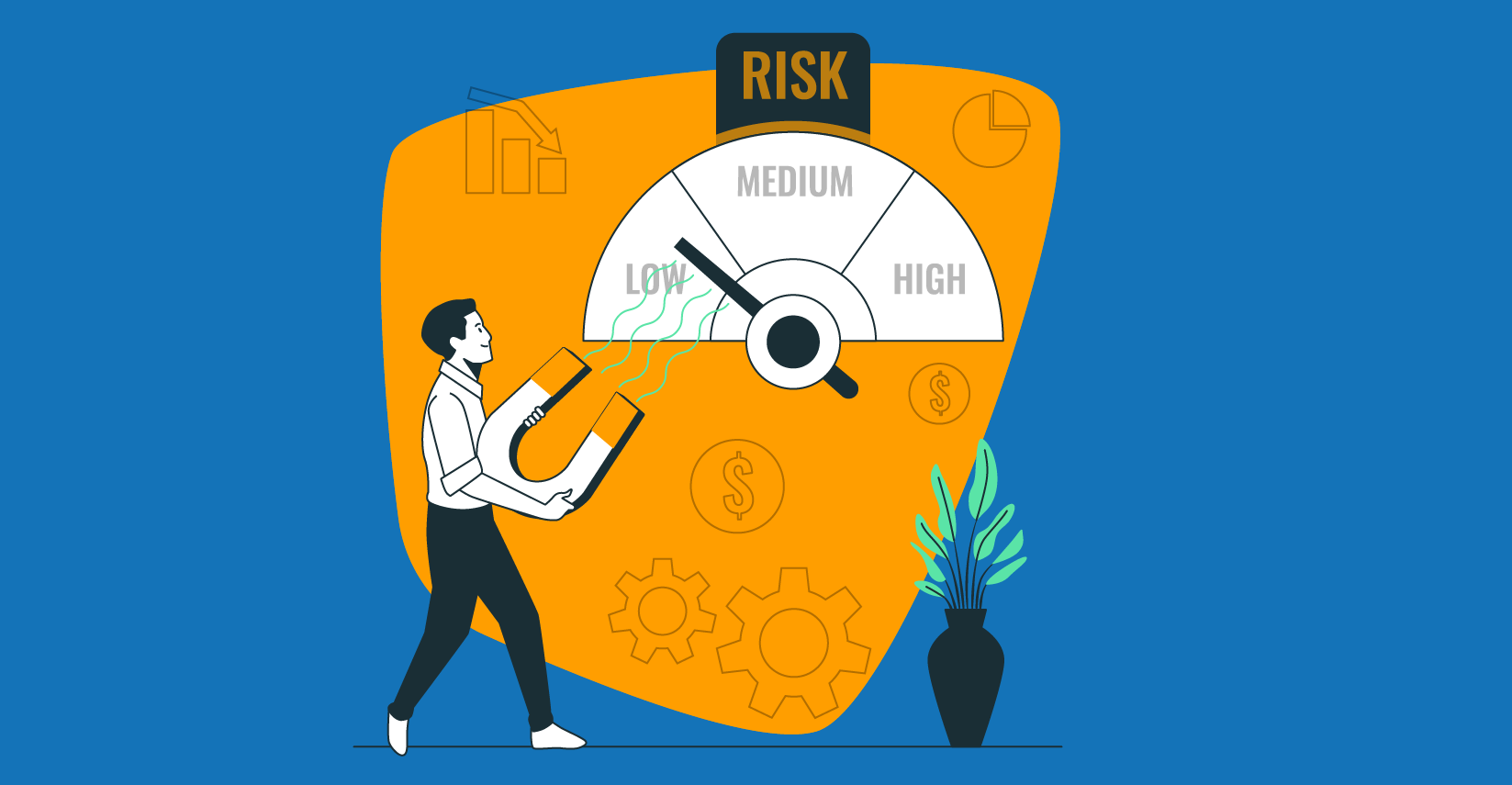In a world where threats are ever-present, security plays a crucial role in safeguarding our well-being and assets. From personal safety to digital protection, security measures help mitigate risks and prevent harm. Whether it’s protecting your home, finances, or online data, understanding and prioritizing security can provide peace of mind and ensure that you are prepared for any challenges that arise.
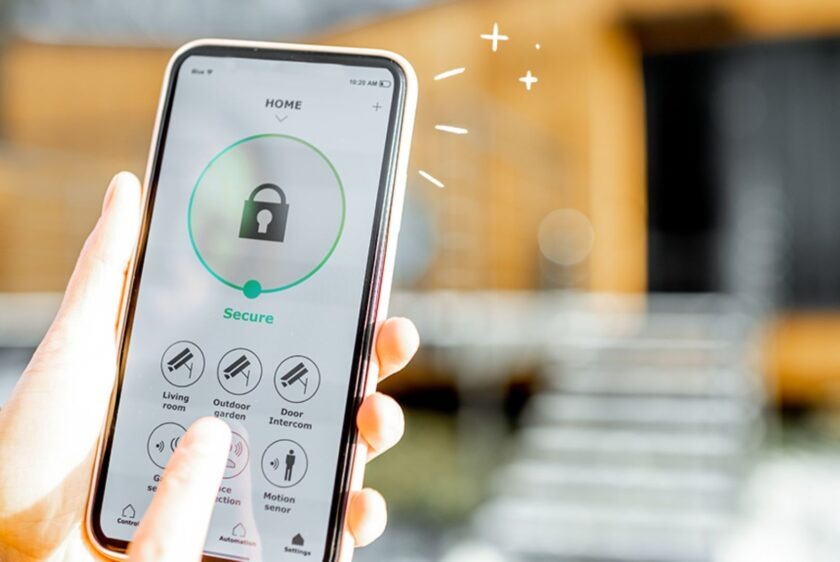
1. Physical Security
Physical security focuses on protecting individuals and property from harm, theft, or damage. This includes the use of locks, surveillance cameras, security guards, and access control systems. Homeowners can enhance physical security by installing alarm systems, securing doors and windows, and using motion-detecting lights around their property. For businesses, physical security often involves managing building access, ensuring the safety of employees, and maintaining surveillance in high-traffic areas.
2. Cybersecurity
As the digital world continues to expand, cybersecurity has become an essential part of overall security. Cybersecurity involves protecting computers, networks, and data from unauthorized access, theft, or damage. This includes the use of firewalls, encryption, secure passwords, and multi-factor authentication to prevent cyberattacks. For individuals, simple steps like updating software, using strong passwords, and avoiding suspicious emails can significantly reduce the risk of falling victim to cybercrimes such as identity theft or hacking.
3. Financial Security
Financial security refers to safeguarding your financial resources and ensuring long-term stability. This includes protecting personal accounts from fraud, managing investments wisely, and having the appropriate insurance coverage. Practicing financial security involves monitoring your bank accounts for unauthorized transactions, creating an emergency fund, and securing personal documents in a safe location. Additionally, individuals should be cautious when sharing sensitive financial information to prevent financial fraud.
4. Data Security
In today’s data-driven world, the protection of personal and sensitive information is critical. Data security refers to the measures taken to protect data from unauthorized access or corruption. It involves the use of encryption, secure storage solutions, and regular data backups. Individuals should be mindful of what personal information they share online, using privacy settings on social media, and being cautious with digital transactions. Businesses should adopt strict data management protocols to protect customer and company data from breaches.
5. Social Security
Social security is a system of benefits that provides financial support in times of need, such as retirement, disability, or death. It is a key component of a nation’s social welfare program, offering financial assistance to eligible individuals. In addition to government-supported social security programs, individuals can also invest in private pension plans and disability insurance to ensure long-term financial security.
6. Personal Security Measures
Personal security involves taking proactive steps to protect oneself from harm or danger. This includes being aware of your surroundings, following safety protocols when traveling, and using safety apps for emergencies. Carrying self-defense tools, setting up emergency contacts, and having a trusted person know your whereabouts can also help reduce risks. In public places, it’s essential to stay vigilant and avoid situations that may compromise your safety.
Final Thoughts
Security is a broad concept that encompasses many areas of our lives. By understanding the different types of security—physical, cybersecurity, financial, data protection, and personal safety—individuals and businesses can take proactive measures to safeguard what matters most. Implementing strong security practices, from securing personal belongings to adopting digital privacy measures, can help reduce vulnerabilities and provide peace of mind in an increasingly complex world. Whether at home or online, making security a priority ensures that you are better prepared to face potential threats and protect your assets.

